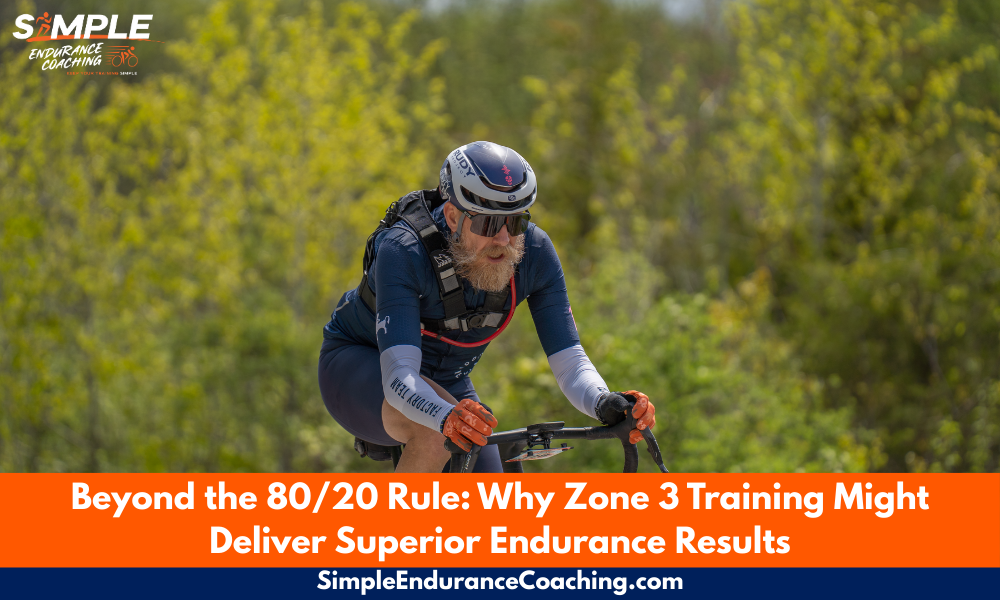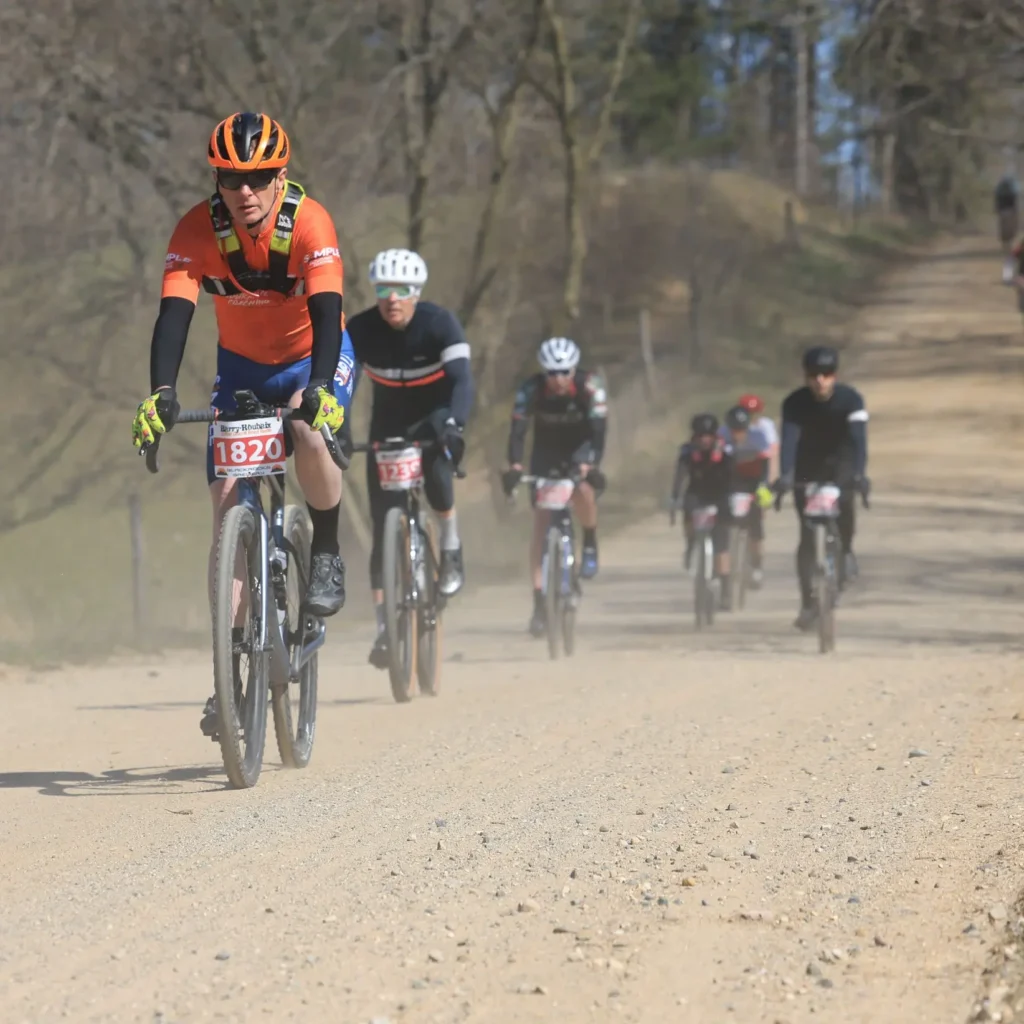Menopause is tough on all women.
And for female athletes, the hormonal changes can be life-altering.
The good news is that according to author and scientist Dr. Stacy Sims, changes in nutrition, including food and supplements, strength training, and exercise can help women get back their mojo and their strength.
Hormone change means big physical changes
For women, the time leading up to, during, and after menopause brings about significant physical, emotional, and mental changes due to a gradual reduction in estrogen and progesterone.
These changes occur over years, sometimes a decade.
– Estrogen levels fluctuate and eventually decline. Estrogen plays a big role in metabolism, and that means a tendency to accumulate fat in your belly rather than hips and thighs.
– Your muscle mass and strength decrease when the hormonal shift makes it tough to synthesize protein.
– As women lose estrogen, they become more insulin resistant, which triggers more fat storage and puts you on a blood sugar roller coaster that can leave you hungry and fatigued.
Women have a harder time with sugars
Post-menopausal women have a harder time metabolizing fructose (fruit sugar) than women still in their reproductive years. Post-menopausal women cannot store excess energy from fructose as fat so more fatty acids circulate in their blood, causing metabolic havoc.
Plus, for athletes, that means there’s less glucose energy when the fructose doesn’t break down.
So most sports drinks and fuels like gels are fructose aren’t being absorbed by post-menopausal women, and instead just stay in their gut, causing GI distress.
This also causes fatigue and poor recovery since the fuels weren’t being utilized.
Sleep is even more important for menopausal athletes
Both estrogen and progesterone help women get to sleep, sleep well, and sleep deeply.
As those hormones decrease, a menopausal woman can have sleep disruptions.
Sims suggests:
– Establish a regular bedtime
– Avoid alcohol and/or caffeine at night
– Eliminate light and screens from your bedroom
– Keep your room cool
– If you have sleep problems, try tart cherry juice and/or valerian root extract before medication
– If those don’t work, try a very small dose of melatonin
Your nutritional choices may need to change
- cut down on high-glycemic carbohydrates
- eat more fruit, veggies, and whole grains
- increase protein (use whey protein to supplement regular food)
- increase overall fat intake
- include BCAAs and protein before and after a workout, especially leucine.
- keep fuel separate from hydration
Five research-based suggestions for menopausal women
Here are five suggestions for post-menopausal women based on research studies:
- Focus on proper nutrition: A balanced diet is crucial for menopausal female endurance athletes to maximize their performance. Consuming enough protein can help maintain muscle mass, which is especially important during menopause when muscle loss is common. A review by the International Society of Sports Nutrition recommends a daily protein intake of 1.6-2.2 grams per kilogram of body weight for endurance athletes to improve performance and recovery.
- Use strength training: Incorporating strength training into a workout routine can help reduce body fat, increase muscle strength, and burn calories more efficiently. A study published in the Journal of Aging and Physical Activity found that postmenopausal women who strength-trained twice a week for one year increased their muscle mass, bone density, and functional abilities.
- Hydration is key: During menopause, changes in hormone levels can make it harder for the body to regulate temperature, leading to increased sweating. This makes staying hydrated even more important for endurance athletes. A study published in the Journal of Athletic Training found that dehydration can impair endurance performance, indicating the importance of proper hydration for athletic performance.
- Proper recovery: Recovery is essential for endurance athletes to maximize their performance. Rest days, stretching, and proper nutrition can all aid in recovery. A study published in the European Journal of Applied Physiology found that post-exercise carbohydrate consumption improved performance in subsequent exercise sessions in endurance athletes.
- Get enough sleep: Lack of sleep can negatively impact athletic performance, and menopause can disrupt sleep patterns. A review published in Sports Medicine suggests getting adequate sleep can improve endurance performance and reduce the perception of fatigue.
Sims’ Recommendations for menopausal athletes
- Consider using a beta-alanine supplement to enhance blood circulation during exercise since blood vessels are less compliant
- Cool showers and or cool-water immersion is good to facilitate blood flow for recovery since women have a harder time regulating heat.
- Focus on hydration and hydrating before your event. Food in your pocket and hydration in your bottle.
- Aim for fewer carbohydrates in favor of a more balanced protein/ carb/ and fat intake.
- Since your body uses protein less effectively, and you need more overall, aim for about 15g of whey protein isolate before a workout, 25g with casein after, 20 to 25g of whey isolate two hours after your workout, and another 10 to 15g before bed.
- Focus on high-intensity power training that builds speed and strength.
Three things for menopausal women to consider about their endurance training:
- Lift heavy shit
- Add a lot more protein into your diet to aid in building lean muscle mass
- Pay attention to nutrition, including adding some supplements and cutting out some sugars.
Need more?
Unlock the secrets to mastering gravel racing with our FREE Guide to Gravel Racing! Get yours here.
BOOK A CALL so we can discuss your goals, answer questions, and talk about making your endurance training more effective, fun, and Simple.
Paul Warloski is a:
- USA Cycling Level 1 Advanced Certified Coach
- RRCA Running Coach
- Training Peaks Level 2 Coach
- RYT-200 Yoga Instructor
- Certified Personal Trainer
- Certified Nutrition Advisor




